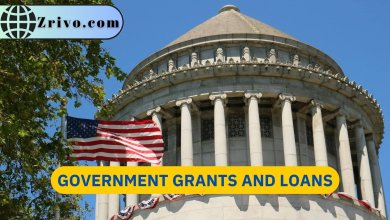Should I Consolidate My Student Loans?
Keeping tabs on multiple federal student loans with different payment amounts, due dates, and loan servicers can be stressful. But, student loan consolidation could offer some relief by giving you a single monthly bill and the ability to reset your loan term.

Consolidating student loans is one way to make repayment easier, especially if you have multiple loan servicers and payments to track. It can also help you reset your payment terms, which can make a difference if you’re struggling to keep up with the minimum monthly payments required by each lender.
However, if you consolidate your federal student loans with a private lender instead of the government’s Federal Direct Loan Program, you could lose some benefits that come with federal loans. For example, any unpaid interest on your consolidated loans gets “capitalized” and added to the principal amount, meaning you’ll pay more over time. If you choose to consolidate your federal loans, you may also miss out on special borrower protections like deferment, forbearance, and post-graduation grace periods.
Additionally, if you’re currently enrolled in a federal income-driven repayment plan or pursuing forgiveness on your Perkins Loans or other federal loans, consolidation can restart the loan’s payment clock. This can prevent you from gaining access to the lower, fixed interest rate that comes with these types of plans. And finally, if you’re seeking Public Service Loan Forgiveness or are in the military, you may not be eligible for certain income-driven repayment plans if you consolidate your federal loans. This is because your consolidated loan will have a new, weighted average interest rate, which won’t take into account the existing rates on your individual loans.

Does Student Loan Consolidation Hurt Your Credit?
Consolidating your student loans typically doesn’t significantly negatively impact your credit score. In fact, it can even have some positive effects. Consolidating multiple student loans into a single loan can streamline your payments and make them more manageable, which might help you make timely payments and avoid defaults.
However, there are a few nuances to consider:
- Hard Inquiry: When you apply for a new loan, the lender might perform a hard inquiry on your credit report. This could cause a slight, temporary dip in your credit score. But, this impact is usually minimal and tends to recover quickly.
- Average Age of Accounts: Consolidating loans might affect the average age of your credit accounts. If you close older accounts after consolidating them, it could shorten your credit history, which might slightly impact your score.
- Credit Utilization: Consolidating your loans into a new account with a higher credit limit might positively impact your credit utilization ratio. A lower ratio (the amount of credit you’re using compared to your total available credit) is generally better for your credit score.





